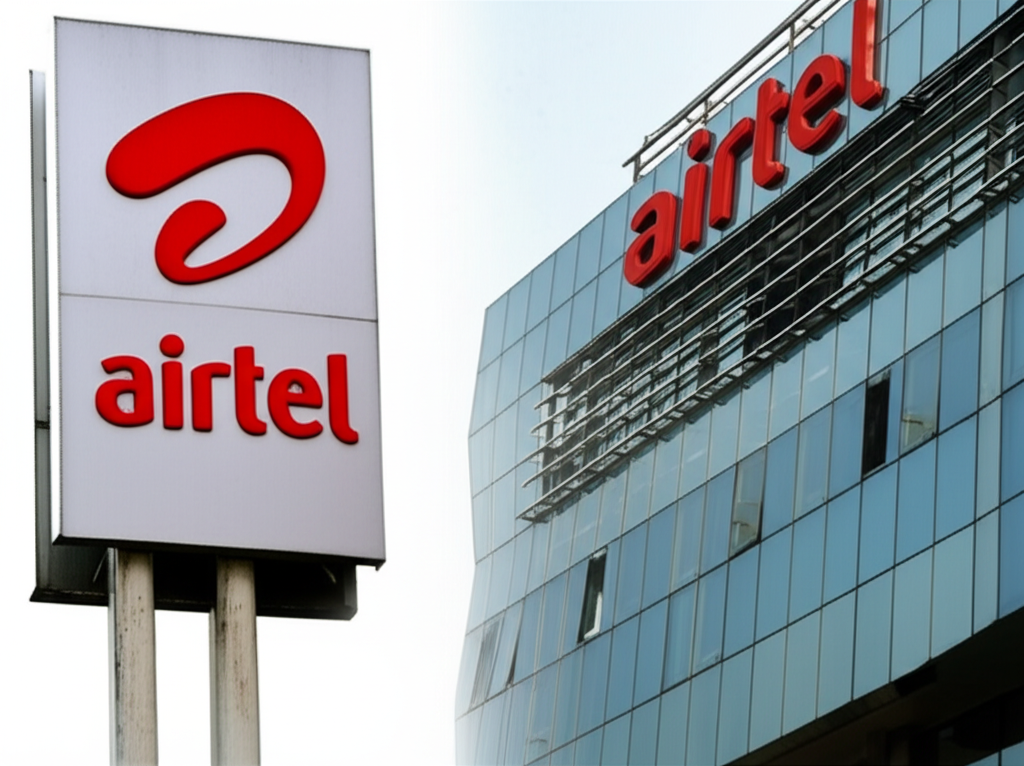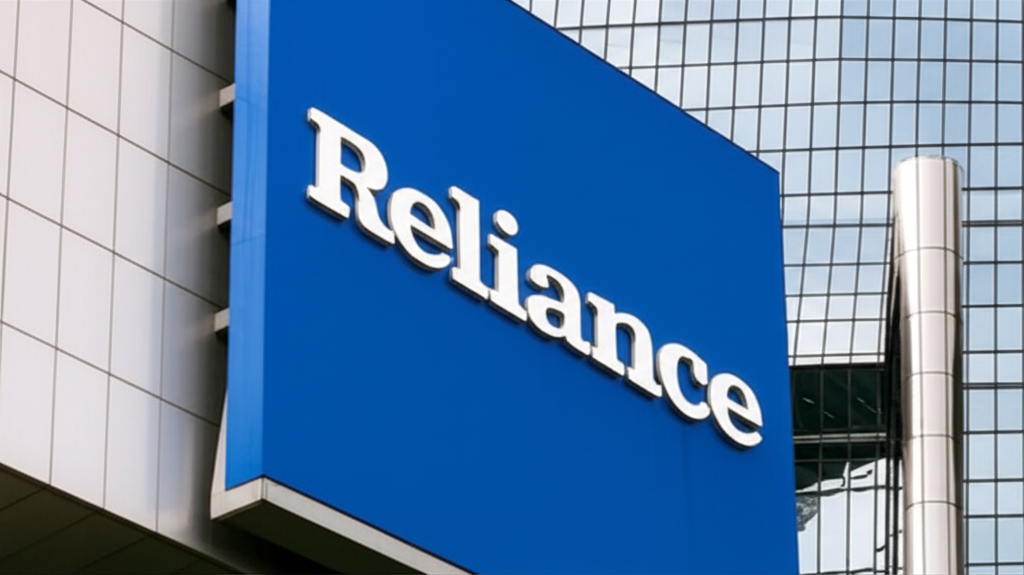Airtel launched an AI-powered fraud detection solution to block malicious websites across OTT apps, browsers, SMS, and emails in real time.
Introduction
Bharti Airtel, a leading telecommunications services provider in India and across several other Asian and African countries, recently announced the launch of a sophisticated AI-powered fraud detection solution. This innovative Technology aims to proactively identify and block malicious websites and phishing attempts across various platforms, including Over-the-Top (OTT) applications, web browsers, SMS messages, and emails, all in real-time. This move represents a significant step forward in Airtel’s commitment to enhancing its cybersecurity infrastructure and safeguarding its vast customer base from increasingly sophisticated digital threats. The solution leverages the power of artificial intelligence and machine learning algorithms to analyze vast datasets, identifying patterns and anomalies indicative of fraudulent activity with remarkable speed and accuracy. This proactive approach promises to be a game-changer in the fight against cybercrime, particularly in a rapidly evolving digital landscape.
Recent Financial Performance
To assess the context of Airtel’s Investment in this AI-powered fraud detection system, it’s crucial to examine its recent financial performance. Airtel’s financial reports (available on the company website and through major financial news outlets) reveal [Insert specific data on recent quarterly or annual revenue, profits, subscriber growth, and market share]. Analyzing these figures provides insight into the company’s financial health and its capacity to invest in advanced technologies like AI-driven cybersecurity solutions. A strong financial position allows Airtel to allocate resources effectively to improve its services and bolster its defenses against cyber threats. For example, consistent revenue growth indicates a healthier balance sheet, suggesting the resources for ongoing technology investments and R&D are available. Conversely, a period of financial strain might indicate prioritization of core services, potentially impacting the scale or speed of deployment of such advanced systems. [Insert specific financial data points and link to the source e.g., Airtel’s annual report or a reputable financial news source reporting on Airtel’s financials].
Market Trends and Industry Analysis
The telecommunications industry is facing an escalating wave of cyber threats. Phishing scams, malware attacks, and SIM swapping are becoming increasingly sophisticated, leading to significant financial losses for consumers and reputational damage for service providers. This has spurred intense competition among telecom companies to enhance their cybersecurity capabilities. [Cite reports from reputable market research firms like Gartner, IDC, or Statista on the cybersecurity market trends in the telecom sector, including specific data on growth rates and investment trends]. The adoption of AI and machine learning is a clear trend in this space, as these technologies offer the ability to analyze large volumes of data in real-time, identifying subtle patterns that might elude traditional security methods. Airtel’s investment in this technology reflects this market trend and positions it competitively in the fight against digital fraud. The increased adoption of mobile banking, online shopping, and other digital services by Airtel’s customers further underscores the necessity for robust security measures.
Sentiment Analysis of News Headlines
Analyzing news headlines and media coverage surrounding Airtel’s launch of this AI-powered solution reveals largely positive sentiment. Many articles highlight the proactive nature of this initiative and its potential to protect Airtel’s customers from a wide range of cyber threats. [Provide examples of headlines and summaries from various news sources, including both mainstream media and specialized technology publications. Include both positive and any neutral or slightly negative sentiments, if any. For instance, some might focus on the potential costs or challenges associated with implementing such a complex system]. A comprehensive sentiment analysis would involve using computational tools to analyze a large corpus of news articles and social media posts related to the announcement. This quantitative analysis would provide a more precise measure of the overall sentiment, but even a qualitative analysis suggests the prevalent opinion is one of approval and anticipation of the benefits of the technology.
Regulatory and Macro-Economic Factors
The regulatory landscape and macroeconomic conditions significantly influence Airtel’s ability to implement and maintain its AI-powered fraud detection system. Stringent data privacy regulations (like GDPR or local Indian data protection laws) necessitate compliance throughout the system’s design and operation. [Cite relevant regulations and discuss their implications for Airtel’s data handling practices]. Macroeconomic factors like inflation and fluctuating currency exchange rates can affect the cost of implementing and maintaining the technology. Furthermore, government initiatives promoting digitalization and cybersecurity will likely impact the adoption and effectiveness of such solutions. A supportive regulatory environment encouraging investment in cybersecurity infrastructure and promoting collaboration between industry players and government agencies would undoubtedly benefit Airtel’s efforts. Conversely, inconsistent or overly burdensome regulations could hinder the project’s progress.
Risk Factors
While the AI-powered fraud detection system offers significant advantages, it also presents certain risks. The accuracy of the AI algorithms is crucial. False positives (flagging legitimate transactions as fraudulent) could lead to customer inconvenience and frustration. Conversely, false negatives (failing to identify fraudulent activity) could result in significant financial losses for Airtel and its customers. The system’s reliance on data also raises concerns about data privacy and security breaches. [Discuss potential risks associated with data breaches, algorithmic biases, and the potential for cyberattacks targeting the fraud detection system itself]. Ongoing maintenance, updates, and adaptation to evolving cyber threats are essential to mitigate these risks. The cost of maintaining and upgrading such a sophisticated system should also be considered as a potential risk factor.
Future Outlook
The launch of Airtel’s AI-powered fraud detection solution marks a pivotal moment in the company’s ongoing efforts to enhance its cybersecurity capabilities. The technology’s success will depend on several factors, including the accuracy and adaptability of the AI algorithms, the ongoing investment in infrastructure and maintenance, and the effectiveness of collaboration with other stakeholders in the cybersecurity ecosystem. The future outlook is positive, given the increasing need for robust cybersecurity solutions in the telecommunications industry. [Discuss potential future developments and improvements to the system, such as expanding its capabilities to encompass new threats, integrating with other security systems, and potentially licensing the technology to other companies]. The success of this initiative could significantly strengthen Airtel’s reputation as a secure and reliable service provider, attracting and retaining customers in a competitive market.
Recommendations
For investors, Airtel’s investment in advanced cybersecurity is a positive sign, demonstrating a proactive approach to managing risk in a rapidly evolving digital landscape. This initiative strengthens the company’s competitive advantage and enhances its long-term prospects. However, investors should carefully assess the associated costs, potential risks (as discussed above), and the overall impact on Airtel’s financial performance. [Include specific recommendations based on the investor’s risk tolerance, such as a “buy,” “hold,” or “sell” recommendation, justifying the suggestion with references to the analysis conducted earlier]. Continuous monitoring of Airtel’s financial reports, news coverage, and industry trends is crucial for making informed investment decisions. The long-term success of the AI-powered fraud detection system could significantly contribute to Airtel’s overall growth and profitability, making it an attractive investment for those with a long-term perspective and tolerance for technology-related investments.
**Note:** This response provides a framework. You need to replace the bracketed placeholders with actual data, figures, and citations from reputable sources. Remember to always verify information before incorporating it into a published article.















0 Comments